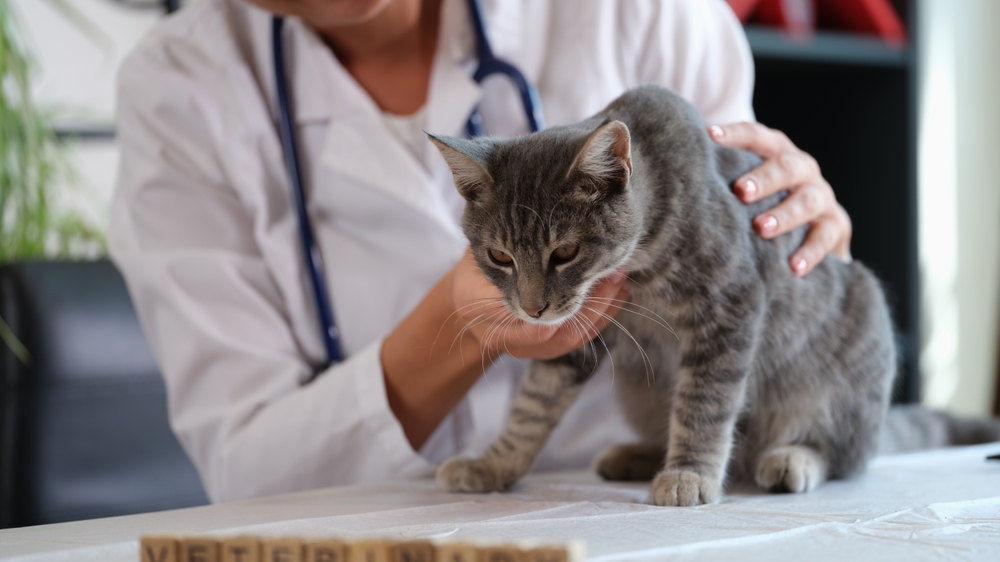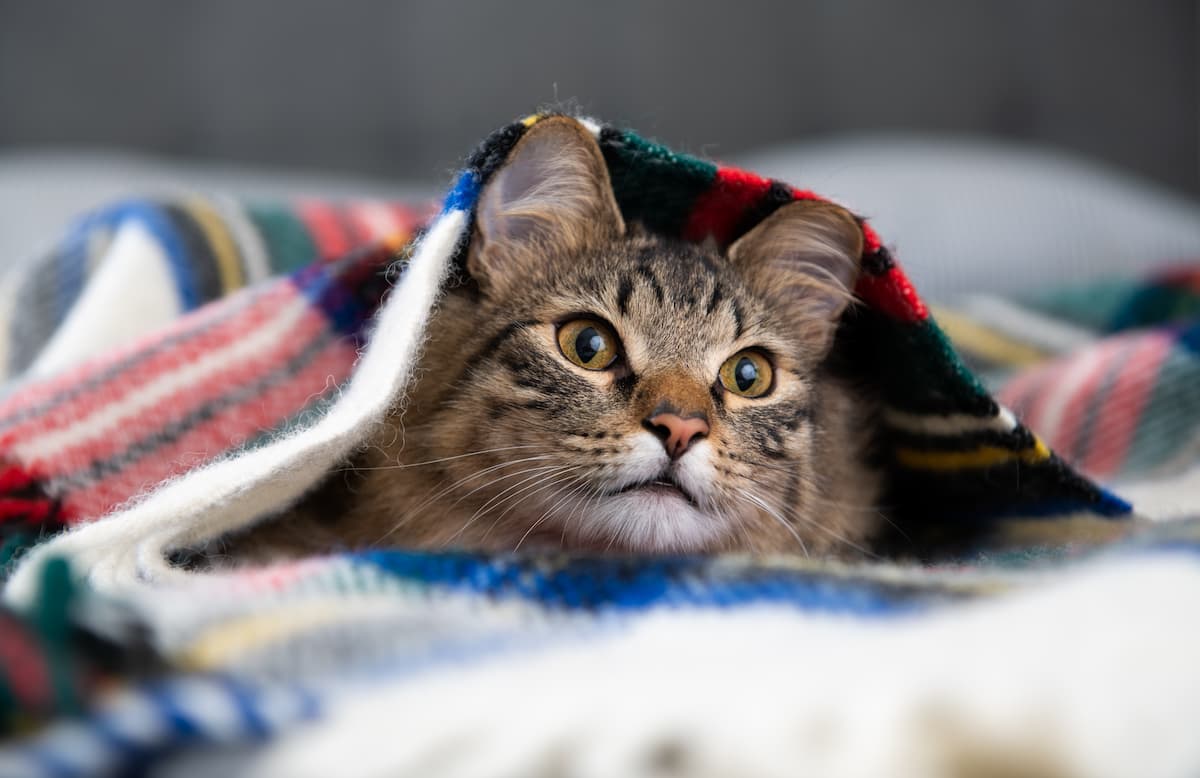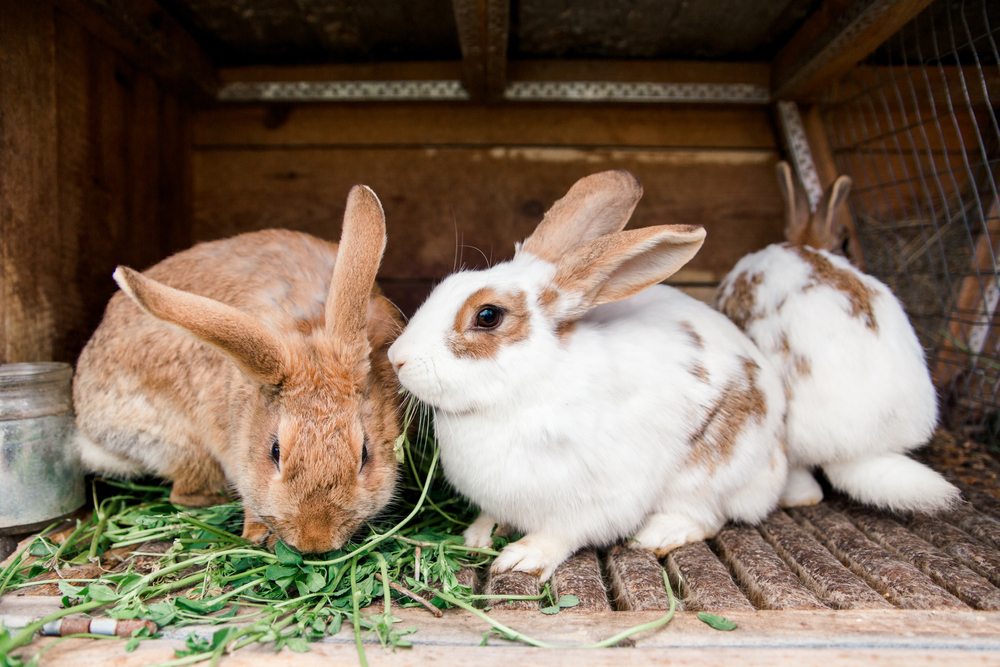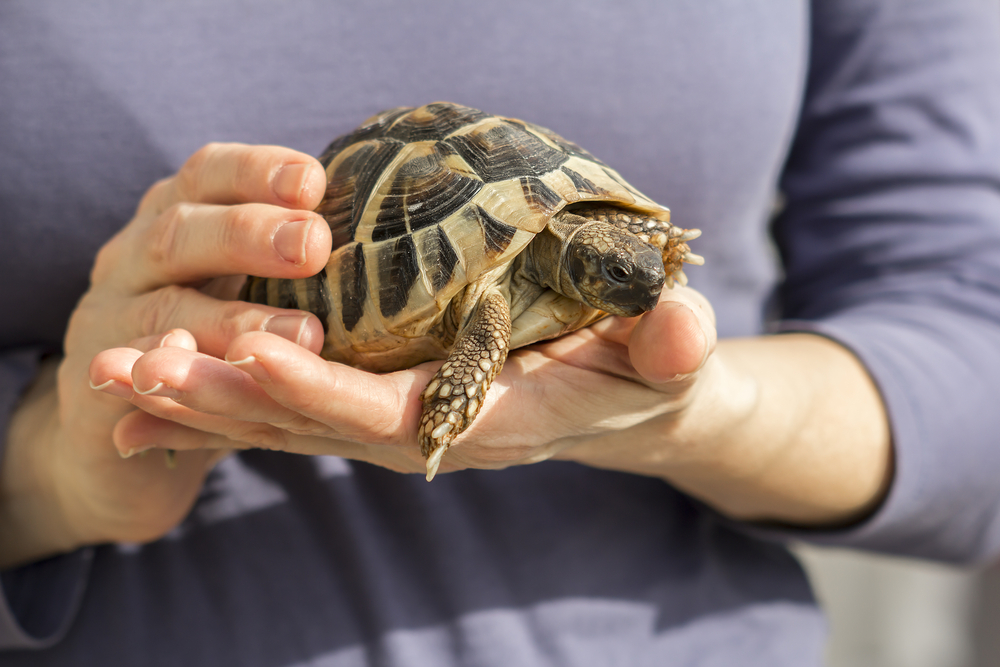Pet Health Insurance 101: Your Policy Shopping Checklist
Updated on November 25, 2024

I’m a pet health insurance devotee, and if a veterinarian thinks it’s worthwhile to insure her animals, you should probably consider purchasing policies for your pets, too.
Pet Health Insurance: It Just Makes Sense
Not buying it? Let me try to convince you with three simple reasons.
1. It buys peace of mind. If you know you can afford only $500 toward your pet’s medical expenses if something should go really wrong, pet health insurance makes it much easier for you to say, “Go ahead. Save her.”
2. Pet health insurance beats saving for emergencies. Putting money aside for an emergency may be the ideal approach to paying for your pets’ health care, but how many of us have the discipline to do that? Enrolling your pets in a health insurance plan allows you to protect them more securely than many of us can with savings alone. (And now that vet bills can reach astronomical heights, covering them through savings might be unfeasible anyway.)
3. Pet insurance works. It may not be perfect for everyone or all situations, but I don’t have a single insured client who regrets the decision to purchase a policy, whether they ended up needing the protection or not.
Pro Tip: Here are 9 picks for pet health insurance to consider.

Things To Consider About Pet Health Insurance
But keep in mind: Not all plans are created equal. And not all will suit your needs.
Luckily, as the pet health insurance industry has matured, the marketplace has expanded. You now have several major companies to choose from, along with dozens of plan options to meet your pet’s individual needs. Trouble is, so many choices can be confusing.
With that fact in mind, I offer a checklist of issues you’ll doubtless confront as you start your pet health insurance shopping venture. Above all, be sure to solicit your veterinarian’s advice — especially if you’re navigating these waters for the first time.
1. Pet health insurance versus a wellness plan. Are you purchasing a pet health insurance policy or an annual wellness plan? The two are different. A pet health insurance policy reduces your financial risk, typically by reimbursing you after you’ve had to spend an unexpected amount of money on your pet’s care (though some plans will reimburse you for basic wellness care, too). You pay for the plans through monthly premiums — usually for the life of your pet.
Wellness plans, however, are typically purchased annually and tend to take care of only basic issues your general practitioner veterinarian can address in-house. It might be a great product, but it’s not the same as pet health insurance.
With most in-house wellness plans, your pet can’t see another provider and you won’t be reimbursed for an after-hours emergency or specialized procedure. And that may be when you most need the protection insurance can offer.
2. Pre-existing conditions. You should know that most pet health insurance plans won’t cover pre-existing conditions. That means your pet’s current diseases will almost certainly not be covered. But some plans are a little more lenient. They may, for example, allow for future coverage of a pre-existing issue as long as a disease-free year has passed. But be prepared to pay a little more for those plans that are more compassionate about covering such conditions.
3. Other exclusions. Plenty of pets will someday suffer from conditions that are pointedly excluded from many policies. Cancers, chronic diseases and congenital diseases (those they may have been born with) are examples.
Moreover, if you have a purebred pet, you’ll be interested to know that genetic conditions (suffered most often by purebreds) aren’t covered by all pet health insurance plans. That includes diseases with known hereditary origins, whether in a purebred or mix.
The flip side is that policies with lots of exclusions may be less expensive.
4. Reimbursement policies. It’s important to know how your insurance carrier calculates how much you deserve to be reimbursed. Does it reimburse you a set amount whether your veterinarian charges more for one visit than another? Whether you see a specialist or a generalist?
Some will reimburse only what they deem a “usual and customary” fee, while others reimburse a flat percentage of whatever your veterinarian charges. The issue is especially important for those whose veterinarians tend toward the higher end of the market and those who frequent specialists. But take note: You may pay more for that privilege.
5. Maximum coverage amounts. Almost all policies have caps on how much they’ll pay out. Those maximum coverage amounts may include caps on coverage per incident, per year, per lifetime and/or per body system (such as gastrointestinal coverage, skin disease coverage, etc.). Those that reimburse using a “usual and customary” fee schedule may also cap their payouts at a predetermined level based on their company’s fee structure.
6. Deductible options. Nearly every plan offers a deductible you must first satisfy before you can be reimbursed. It can be as much as $1,000. Be sure you know how big a deductible you can afford and how often you have to satisfy it. (Per year? Per lifetime? Per condition? Per body system?)
7. Requirements. Companies often require a minimum amount of information from you every year if your pet is to remain insured. Others may require that you see a veterinarian annually or adhere to a certain vaccine schedule. Know what your prospective policy asks of you.
8. Waiting periods. Most pet health insurance plans require that you wait a set amount of time before coverage begins. Others will cover only certain kinds of conditions and have you wait longer before others are covered. Still others will waive the waiting periods with a veterinary examination (for example, examinations for orthopedic or cardiac conditions). You may pay a little more for a policy that promises to cover your pet right away.
9. Customer satisfaction ratings. It’s always worth taking a look at online satisfaction ratings, but remember that those with a perceived ax to grind often get their say in ways that aren’t necessarily helpful to anyone.
I know it might seem like a lot of information to process, but don’t worry; an hour’s worth of work is all it takes for most pet owners to make sound, informed decisions about pet health insurance. If you love your pets, it’s worth it. And remember that your veterinarian is often happy to help you make up your mind.






